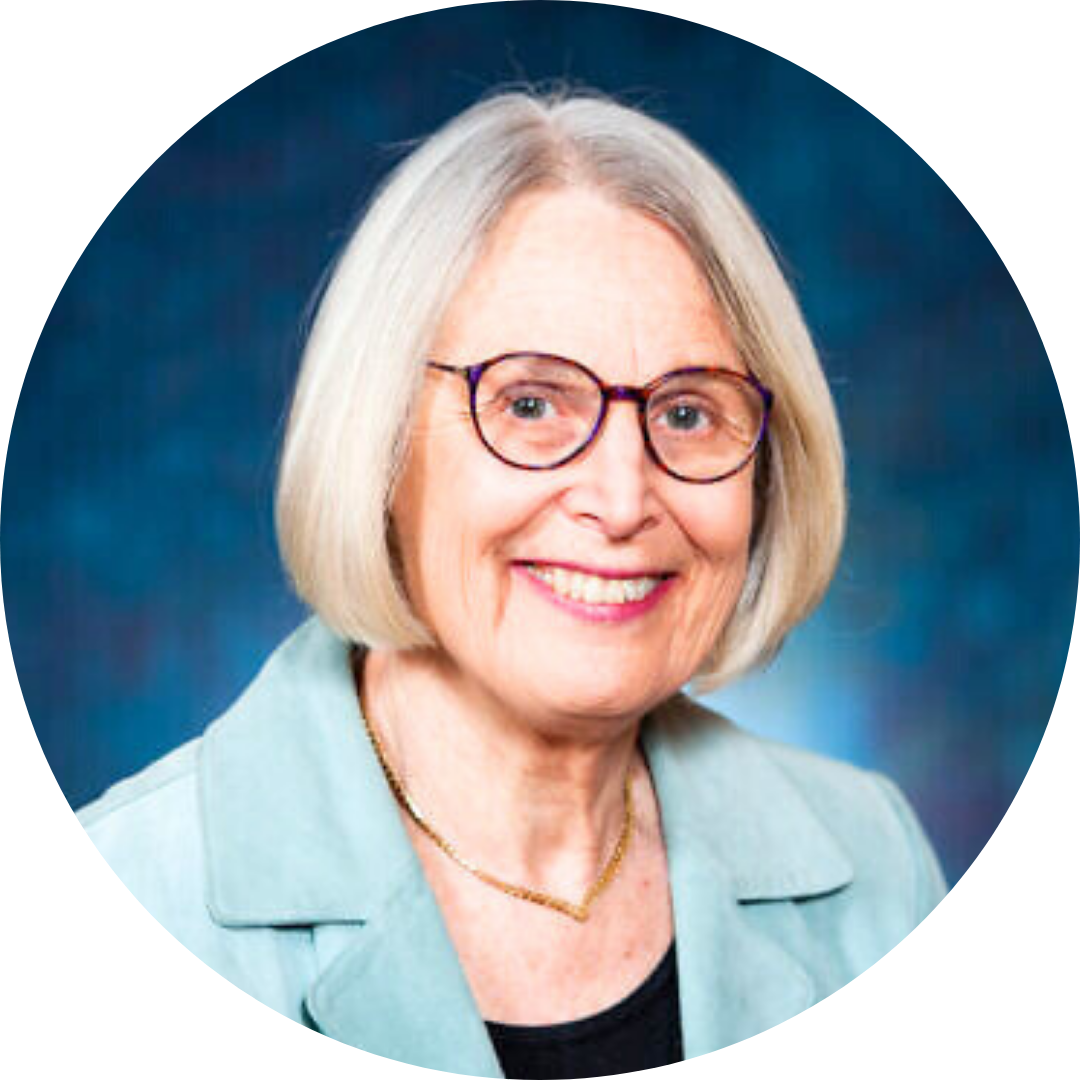Last week there appeared in my mailbox at RRC, a book that I had never heard of by someone who was also unknown to me. The book is called The Plausible God: Secular Reflections on Liberal Jewish Theology. The author, Mitchell Silver, is a Professor of Philosophy at the University of Massachusetts, and a devout secular Jew. His book was occasioned by a growing realization that all of his good philosophical arguments against religion were really arguments against traditional theism, the “old God” as he calls Him. And I use the word “Him” advisedly here.
But Mitchell Silver noticed recently, to his surprise, that folks around him seem to be talking about God. These people were not intellectually careless people; their personal humanity, and their progressive political commitments were not different from his own. But they were going to synagogue, and they were praying. He concluded that they must be talking about a new God, not the God in which he disbelieved. Since he is a philosopher and used to dealing with texts, Silver decided to study this phenomenon by reading three of the thinkers who were read by the “new God-believers.” He chose Mordecai Kaplan, the founder of the Reconstructionist Movement, Michael Lerner, and Arthur Green.
He began the work indisposed to joining the ranks of the faithful. He was, and remains in fact, a ferbrente [strongly] secularist Jew. But he wanted answers to some questions. I will share just a glimpse of these questions with you, and then look briefly at our Torah portion, Tazria-Metzora, to take a stab at one piece of an answer.
Silver asks, “What is gained by theism so barely distinguishable from humanism?” Granted, the new God is philosophically credible, not an affront to reason. But what is the value added? The old God was able to offer moral standards, reward and punishment, if not in this life, then in the next; consolation; hope. The old God was powerful. To take just one example: prayer. You pray to the old God because God heard your prayers. But all three of the thinkers Silver studied reject that anthropomorphism. They defined prayer as words that are heard by others in our community, and by our deepest selves.
Sigmund Freud, by the way, whom Silver does not quote but should, referred to liberal religionists as people who manage to get drunk on apple juice. So Silver asks, “Why not explicitly talk to one another or talk to yourself? Why add the extra character, God, into the mix? What we are really dealing with is human emotions: Gratitude, moral regret, for example, admirable motions to evoke, and to speak of in community. But why not thank each other? Why not apologize to, and forgive one another?” Consider these questions in light of the opening passage of our portion this week: the well-known admonition to bring a whole offering and a sin offering to the temple upon the birth of a child.
Why do we pray? For me, it is captured in this short segment of Torah. It is one to which I can immediately relate. There I was in a room with my husband, an obstetrician, and a nurse, four human beings in all. And then, they were five. But no one had walked through the door. Who should I thank? My husband? The obstetrician? The nurse? Yes, and yes, and yes. And yet that wouldn’t begin to touch the gratitude I felt (perhaps if I thanked them profusely?). But what about that sin offering? Rashi has a solution to that. The woman is repenting for having cried out during childbirth, “I’ll never do this again” That solution is clever but lame. Something deeper is going on, and it has everything to do with why I pray, and not just talk to people.
Let me continue my birth story. As soon as my daughter was born, she was taken to the hospital nursery for what was apparently a normal procedure. I was moved upstairs to a hospital room, my body lying in the bed while my spirit soared with joy I had never known. Suddenly there was a knock on the door, a doctor came in with a medical file in his hand, and a very sombre look on his face. “I’m sorry to have to tell you this,” he said, “but there is something seriously wrong with your baby.” I still can feel the vertigo of that moment, my heart crashing, my world unraveling.
Then the doctor sat down, opened his file, looked down and up and, “Oh dear,” he said. “I’m so sorry, I’ve made a terrible mistake, I have the wrong room. Your child is absolutely healthy and fine.” He stood up to go and as he left the room and knocked on the next door down the hall, I was overwhelmed. The joyous song started singing again in my brain and then the realization that very moment another mother, the woman next door was about to receive devastating news. Everything hangs by a thread.
To me, that story is about the unbearable complexity of life. How darn ambiguous everything is. How rejoicing can be so mixed up with so much else. How nothing is ever just about gratitude, or just about shame, or just about love, or just about fear—and who on earth could be huge enough to hold all that?
Only a ritual as powerful as the temple sacrifice—or in lieu of that, since the temple has long since been destroyed: prayer. Only that feels somehow up to the task. Perhaps some day, Mitchell Silver and I can study this passage together.








